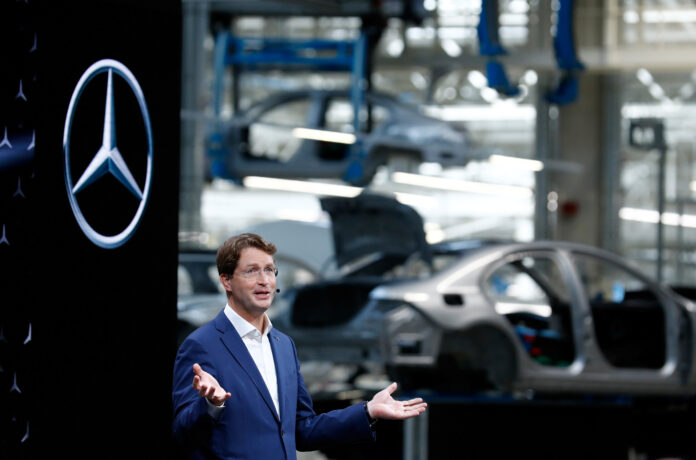
By Ian Maleve
The CEO of Mercedes-Benz has called for a “reality check” on the European Union’s planned ban on combustion engine vehicles, warning that the timeline and expectations may be out of touch with technological, economic, and consumer realities.
Speaking at a recent industry event, the executive expressed concern that the 2035 deadline to phase out internal combustion engine (ICE) cars across the EU may not account for the diverse conditions in member states and the varying pace of electric vehicle (EV) adoption.
He cautioned against one-size-fits-all policymaking and stressed the need for more pragmatic approaches that reflect real-world infrastructure, affordability, and energy challenges.
The remarks come as the EU moves forward with its Green Deal agenda, which aims to make the bloc carbon-neutral by 2050. Central to that vision is the ban on the sale of new petrol and diesel cars starting in 2035, pushing automakers to shift entirely to electric powertrains.
However, the Mercedes-Benz chief argued that while the company is committed to electrification, political decisions should consider the complexities of such a massive industrial transformation.
He highlighted concerns around charging infrastructure, energy grid capacity, and the availability of raw materials required for battery production.
The executive also pointed to the need for flexibility in markets where EV adoption is slower due to high costs or underdeveloped infrastructure.
According to him, pushing consumers and manufacturers too hard could risk backlash and unintended economic consequences, especially in regions where alternatives to combustion engines are not yet viable.
Mercedes-Benz has already announced plans to go all-electric where market conditions allow, but the company, like others in the industry, appears to be urging regulators to factor in practical considerations.
The comments have reignited debate within the automotive sector and among EU policymakers over the feasibility of the 2035 ban, especially as economic pressures and energy uncertainties continue to shape the transition to greener mobility.


















